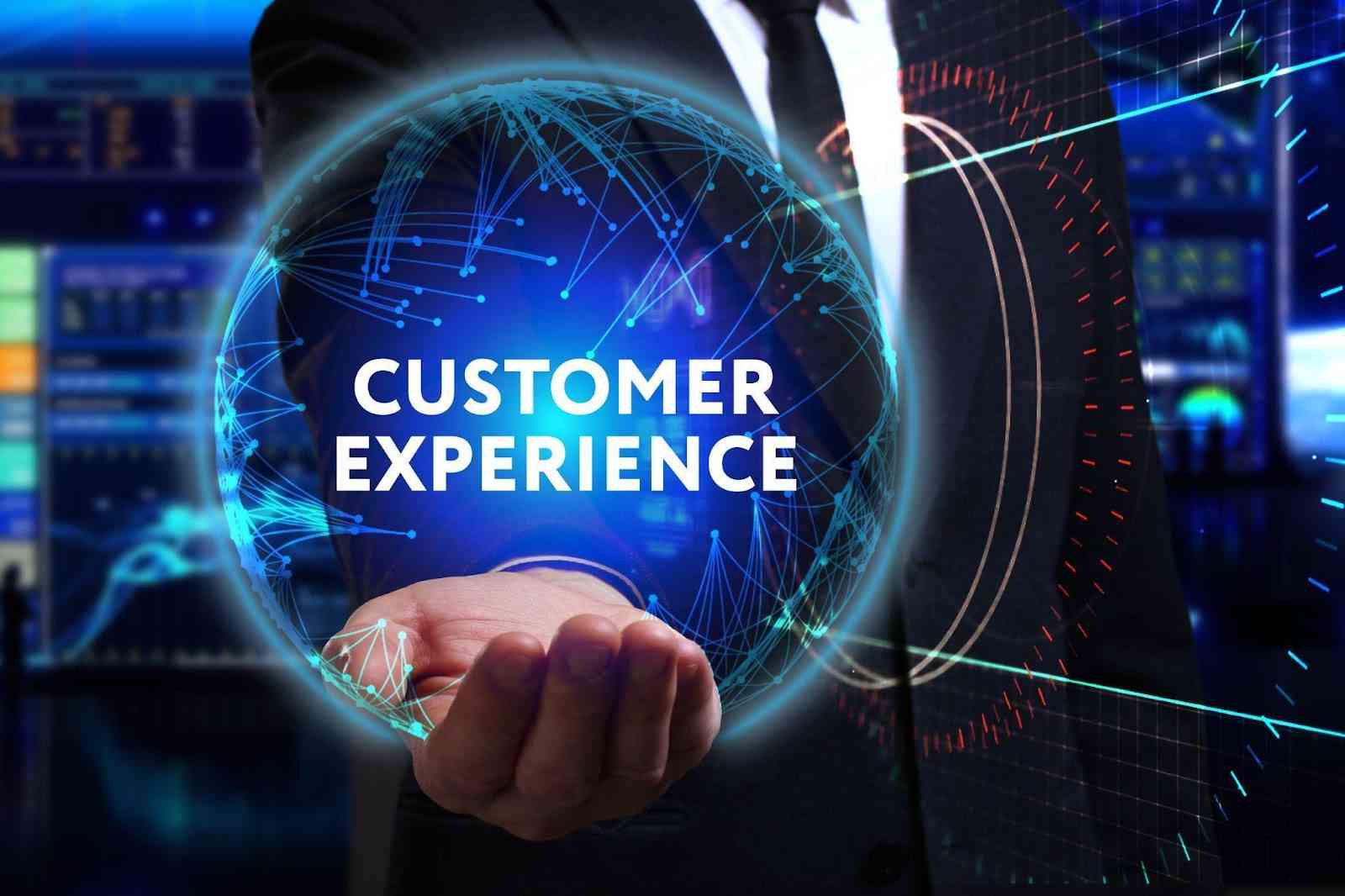
We presented customer engagement management in the first part of the same topic we discussed last week.
We also laid the groundwork for the strategic need for customer engagement, which is to develop holistic touchpoints that better serve and create a memorable experience for the stakeholder chain in entrepreneurial competitiveness.
During this week, we will continue our discussion on the topic.
Customer experience management enables businesses to provide seamless, individualised interactions tailored to customers’ requirements.
Collecting and analysing customer data allows organisations to personalise their interactions by understanding their needs, routines, and past experiences. As a result of this individualised approach, customers are more satisfied and loyal.
To build customer connections and enhance customer retention, customer engagement management emphasises tailored experiences and proactive communication.
By implementing loyalty programs, discounts, and targeted messages, businesses can boost consumer loyalty and the frequency of repeat purchases.
As a result, a higher lifetime value and a lower customer turnover rate both contribute to an increase in long-term organisational profitability.
- Karoi cancels youth centre tenders
- Business opinion: Managing brand content online
- In Full – Zimbabwe 42nd Independence Day speech by President Mnangagwa, April 18, 2022
- Toothless Sadc faces irrelevance
Keep Reading
Customer engagement: Customer engagement management (CEM) systems streamline communication across various channels, allowing businesses to connect with customers on their preferred platforms. Accessibility and participation are enhanced due to CEM’s ability to provide clear and consistent communications through live chat, email, social media, and telephone.
By fostering communication, this proactive strategy strengthens the relationship between the organisation and its customers.
The operations of customer service can be streamlined by CEM, which enhances both productivity and efficiency.
To better handle enquiries, resolve problems, and provide support, businesses can benefit from implementing knowledge management systems, automated processes, and self-service options.
Customer service representatives exert less effort, wait times are reduced, and service quality is improved.
With CEM businesses can collect and evaluate data from customers to gain a better understanding of consumer preferences, trends, and behaviours.
By utilising predictive modelling and advanced analytics, organisations can anticipate customer wants and tailor their interactions in real time.
This method enables data-driven decision-making, marketing optimisation, and business expansion.
Efficient customer input management: CEM assists businesses in collecting, analysing, and implementing input from customers in order to improve their products and services.
Surveys, reviews, and social media platforms allow businesses to discover areas that need development, evaluate the level of satisfaction of their customers, and take preventative measures to address any problems that may arise.
This feedback loop encourages innovation and enhances the quality of life.
Better brand reputation and customer loyalty: CEM prioritises customer satisfaction and provides exceptional experiences to help businesses build a positive reputation and attract customers.
Customers who appreciate a brand are more likely to continue using it, recommend it to others, and advocate for it.
This situation ultimately enhances the brand’s competitiveness, market position, and long-term profitability.
CEM may provide businesses with a competitive advantage in the current market by highlighting their customer experiences.
This can also help businesses differentiate themselves from their competitors.
The ability to differentiate themselves from competitors, attract new customers, and keep existing customers is a competitive advantage for businesses that excel in customer service and client relations.
This advantage contributes to the growth and success of the organisation.
Multiple layers of organised client contact and touchpoint management are included within the business with multiple layers.
Therefore, these platforms need to be disassembled in order to enhance deliberateness and strategic interventions such as:
In direct contact: Face-to-face encounters are still the norm in the retail industry, the hospitality industry, and the healthcare industry.
Companies are able to establish personal relationships with customers, offer assistance in a practical manner, and give prompt support through the use of in-store visits, appointments with service providers, and consultations with sales representatives.
Customers continue to use the telephone to call brands in order to ask questions, find solutions to problems, and receive support from the companies.
A direct and individualised link can be made with customers who are looking for assistance, support, or guidance through the usage of customer service hotlines and contact centres.
Email correspondence: Both consumers and businesses continue to utilise email as a means of communication for both transactional and instructive purposes.
Customers are able to contact businesses whenever it is convenient for them to do so, and they can receive prompt responses to questions about products, confirmations of purchases, and customer service enquiries.
Live chat support: Live chat support is popular among customers because it provides rapid assistance and individually tailored guidance through the use of online messaging systems.
Live chat on mobile apps and websites provides answers to questions asked by customers, makes product recommendations, and speeds up transactions, all of which contribute to an improved customer experience.
By providing a dynamic environment for participation, criticism, and brand support, social media platforms have revolutionised the way in which customers communicate with businesses.
Companies are able to engage with customers, respond to queries, display products, and develop brand communities through the use of social media platforms such as Facebook, Instagram, LinkedIn, and X.
These platforms consist of posts, comments, messages, and live chats.
There is a significant influence that online review platforms and rating websites exert on the attitudes and purchasing decisions of consumers.
People frequently leave reviews and comments on Yelp, Google Reviews, TripAdvisor, and Amazon, among other popular sites.
Businesses and potential customers can benefit from the information provided by contributions from customers.
User-friendly resources like as knowledge bases and self-service portals assist users in locating information, resolving issues, and obtaining answers to enquiries. In addition to empowering and satisfying clients, user manuals, frequently asked questions (FAQs), tutorials, and troubleshooting instructions reduce the need for in-person assistance.
The use of mobile applications enables customers to communicate with businesses, access merchandise, and complete transactions while on the move. Mobile applications have the potential to enhance consumer loyalty by offering individualised experiences, push notifications, and loyalty rewards.
Customers can engage in conversations, share their experiences, and inquire about product suggestions through community forums and online communities.
Companies organise or participate in these forums to connect with their consumers, find solutions to problems, and foster a sense of community.
Direct mail and physical mail: Although they are less popular in this digital age, direct mail and physical mail efforts remain essential for customer engagement, particularly in the fields of marketing, insurance, and finance.
Through direct mail, businesses connect with their clients by sending vital announcements, incentives, and personalised offers.
Until then, think, eat, sleep, and dream about branding!
*Dr Farai Chigora is a businessman and academic. He is the head of business science at Africa University’s College of Business, Peace, Leadership, and Governance. His doctoral research focused on Business Administration (Destination Marketing and Branding Major, UKZN, SA). He can be contacted for feedback at [email protected] or via WhatsApp mobile: +263772886871.
*Dr Tabani Moyo is an extra-ordinary researcher with the University of North West, South Africa’s Social Transformation School. He holds a Doctorate in Business Administration (Research focus on new media and corporate reputation management, UKZN), chartered marketer, fellow CIM, communications and reputation management expert based in Harare. He can be contacted at [email protected] @TabaniMoyo (X)











